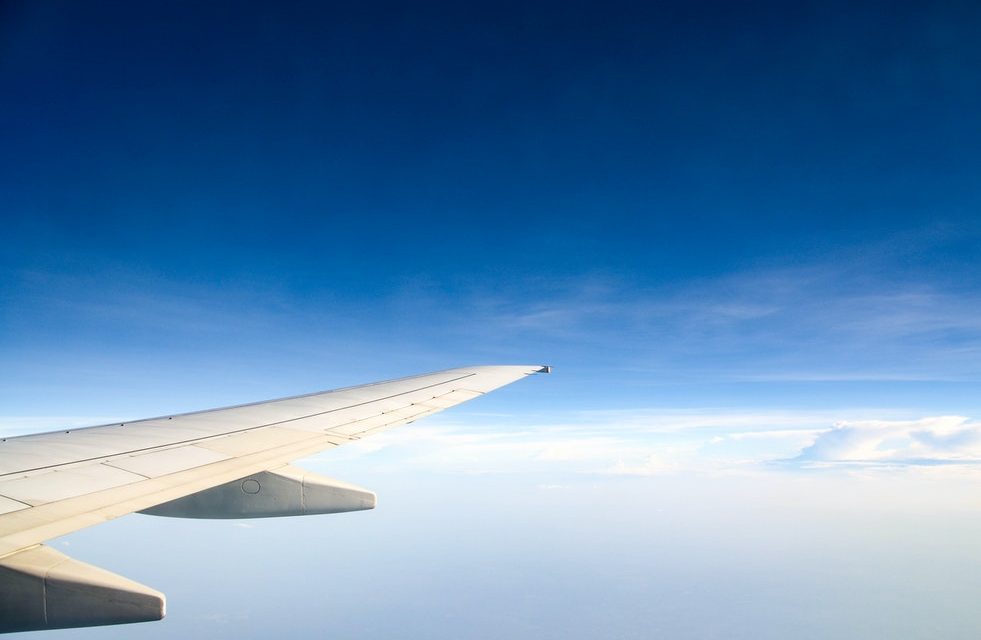The coronavirus pandemic was a once-in-a-century event, and a particularly trying one for individuals and businesses around the world. The travel industry was on the frontlines of the pandemic, and one of the first industries to suffer as a result of its effects. But how exactly did the pandemic affect the travel industry? And were there any success stories in amongst the downturn?
Commercial Flights
Perhaps the public face of the challenges faced by the travel industry was that of commercial aviation, as the initial uptick in cases saw a sympathetic increase in the grounding of flights, before the introduction of legal measures that drastically reduced the number of airline customers: red lists for international travel, and lockdown measures that prevented outside activity for a majority of the population. Larger airlines like EasyJet bore the brunt of the impact, with the budget airline losing around £1.1 billion in revenue as a direct result of the pandemic.
Private Aviation
Despite the comprehensive downturn for commercial flights, private travel saw a boom in business during the pandemic; the cancellations of commercial routes resulted in an increase in private bookings, as businesses and essential workers continued to travel internationally. Private jet providers Vista Global, as an example, saw a 67% increase in global flight hours in 2021. Vista Global founder and chairman, Thomas Flohr was interviewed by Bloomberg Asia regarding the phenomenon: “90% of corporations and individuals that can actually afford flying private were not flying private. Now given the destruction of the commercial infrastructure, they are using the infrastructure of a company like ours.”
Tourism
Many countries, let alone local economies, rely on the income brought in by tourism – making the coronavirus pandemic severely impactful on more than one front. Tourist-dependent economies like Croatia and countries in the Caribbean saw were more negatively impacted in terms of economic growth than other less reliant economies, seeing an average growth shortfall of 11% as opposed to 6%. In real terms, vendors in resort cities had no custom.
Accommodation
The hotel industry is one of the larger portions of any tourist economy, with significant revenues to be found in the hosting of tourists. With the onset of the pandemic, hotel occupancy plummeted. The figures from Europe tell a stark tale, with an 86% drop in occupancy between the September of 2019 and the following April. The gig economy for accommodation was also adversely affected, with AirBnB announcing record booking cancellations. Some hotels were eventually able to recoup their losses via offering government-sanctioned quarantine spaces for those still travelling, but the industry as a whole nonetheless suffered.
Travel Companies
The combined effects of the above culminated in a perfect storm for travel agencies worldwide, whose business collapsed under the weight of coronavirus restrictions and later hesitancy to take up international travel again. This collapse was most keenly felt by travel company staff, 73% of whom were personally affected by the mass redundancies and layoffs that ensued.


















